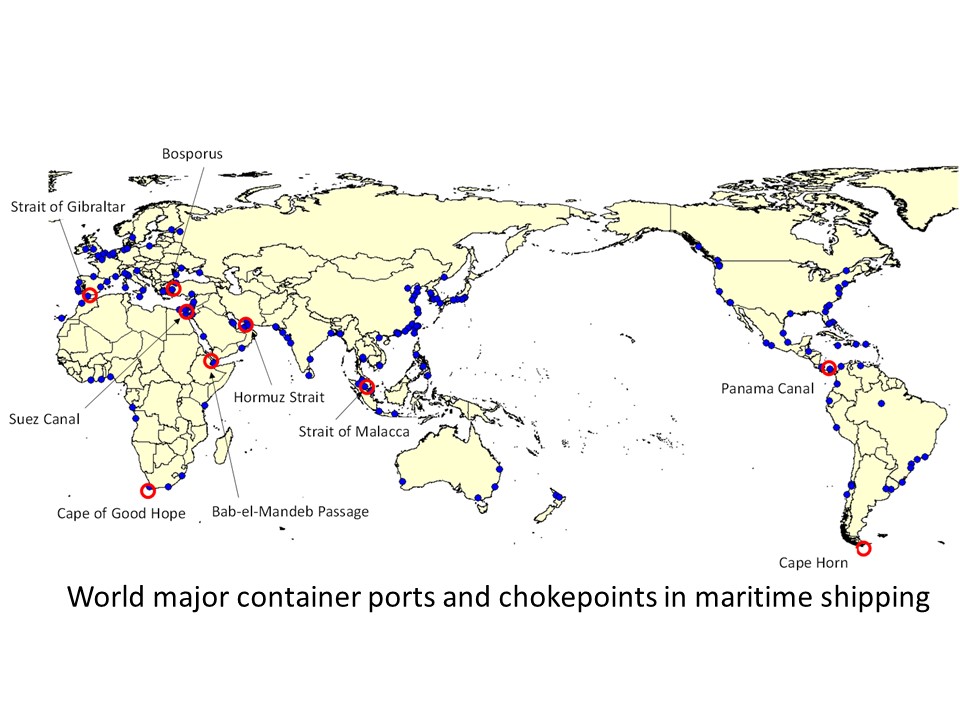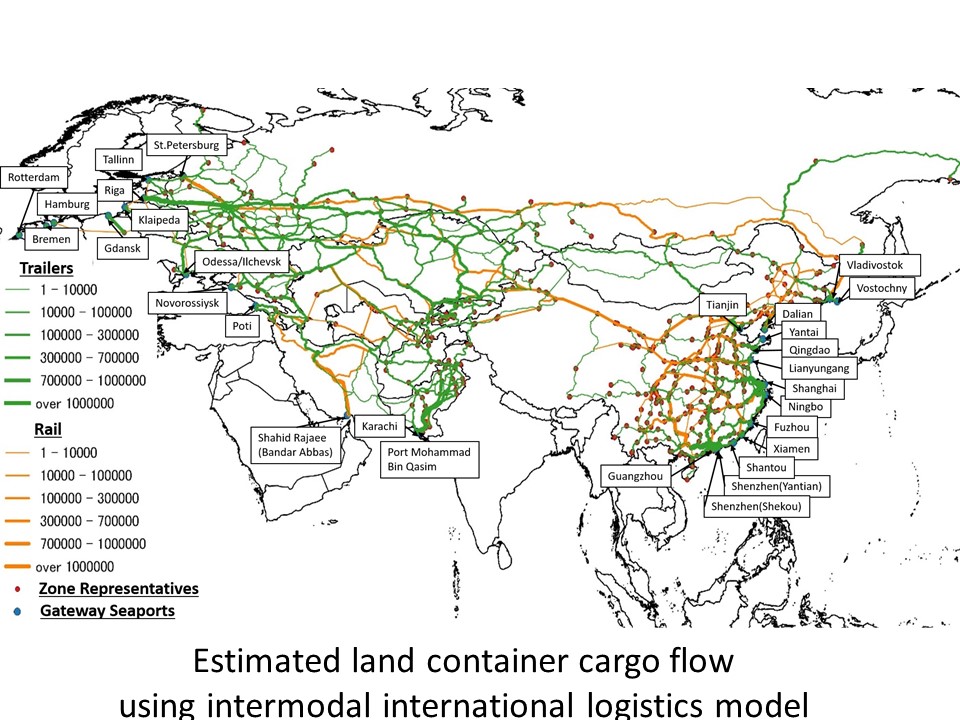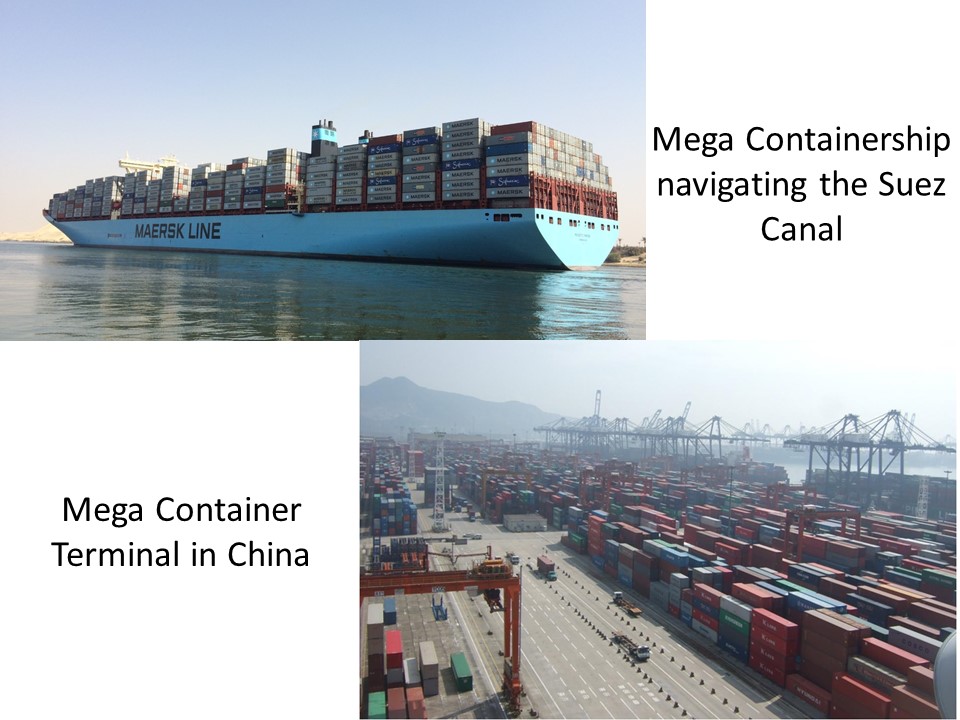Faculty

Socioeconomic System
SHIBASAKI Ryuichi
- Position
- Assoc. Prof.
- Affiliation
- Department of Systems Innovation,Faculty of Engineering,The University of Tokyo
Department of Technology Management for Innovation
- Keyword
- international logistics, maritime shipping, intermodal transport, network modeling, data mining and analysis
- shibasaki(at)sys.t.u-tokyo.ac.jp※Please replace (at) with @ and send mail.
Global Logistics Network



Global container cargo assignment model on intermodal shipping network
By utilizing the network assignment methodology which is normally used in the field of transportation engineering, we develop an international, intermodal logistics model which includes both global container shipping network and land shipping network in the region that the model focuses on. Until now, we applied the model to Central America (especially El Salvador and neighbor countries), Lower Mekong region (Cambodia and Southern Vietnam), South Asia (India, Bangladesh, and Sri Lanka), the entire Eurasian continent (including China, Russia, and Central Asia), Pacific Islands countries, Eastern and Southern Africa, and Japan.
One of our research goal is to provide the model output (i.e. simulation results) to the practical field, for supporting some international logistics policies (e.g. the strategy development of international cooperation) and specific projects on infrastructure investment, in collaboration with international organization such as ADB (Asian Development Bank) and government such as JICA (Japan International Cooperation Agency). Another key point of the model development is to establish an effective methodology on data handling from various, but fragment, data sources, in order to improve the reliability of the model that the available data to develop are very limited.
Global but detailed cargo flow estimation and modelling using vessel movement database
We try to estimate the global shipping route for each kind of vessel including containerships, dry bulk carriers, and tankers, by utilizing a vessel movement database which is established from the AIS (Automatic Identification System). Subsequently, we establish the methodology to estimate international cargo flow from such database, particularly for vessels other than containerships, since any other database are not available for the estimation. Also, we develop a vessel routing model to describe the route choice behavior of shipping companies by aggregated/disaggregated logit model and forecast their sensitivity to the related policies such as the change in bunker fuel price and the expansion of the Panama Canal.





